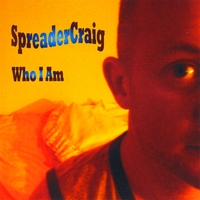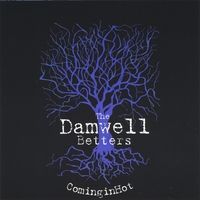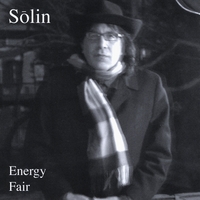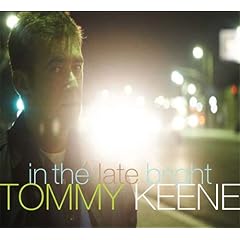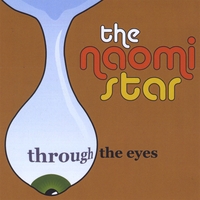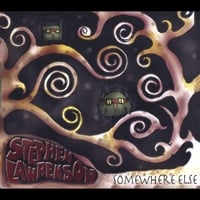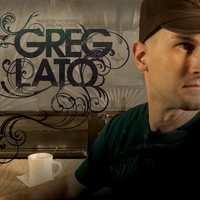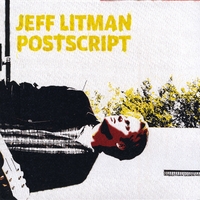A recent episode of the American programme features a San Francisco liberal couple. The woman introduces herself as a certified hypnotherapist, life coach and destination coach. She is not a patriot. When asked why she is not a proud American she explains,
Because of the chance that I was born on American soil. I mean that's just the way it was. I had nothing to do with it personally.
I've heard this kind of line before. It relates to the idea that what counts is that we self-determine who we are and what we do. Therefore whatever aspect of our lives is an "accident of birth" is thought not to matter.
It's a position that's difficult to hold to consistently. After all, our IQ and many of our personality traits are influenced by heredity and are therefore an accident of birth, as also is the family upbringing we experience.
So our San Fransico couple should also reject a sense of pride in their own intelligence, education and work ethic as these are a product, to a significant degree, of conditions we are born into. But they don't - they are proud of these qualities to the point of arrogance.
It's actually more logical to recognise the debt we owe to generations past for the positive qualities that we do inherit. Past generations have battled through to recognise and perpetuate ideals in culture and personality. We do rest on these achievements, even if we inherit them rather than creating them for ourselves. So pride in a larger entity does make sense - more so than the belief that we are self-created as individuals.
But I digress. The San Francisco woman might be a bit flaky, and she appears to spend little time with her own children ("If I'm too much with the kids, it doesn't suit my personality"), but she comes across in the clips as a basically nice person.
It is the San Francisco man, Stephen Fowler, who really takes the cake. He is paired with an unsophisticated but decent and well-meaning Midwestern woman. He treats her with absolute contempt and disdain. He calls her a dumb redneck and congratulates her for using big words. He laughs when he tells her she is overweight and undereducated. And he disparages her simply for living in the Midwest.
This arrogant elitism might appear to be a strange double-standard. After all, Stephen Fowler as a liberal is supposed to be strongly into equality. How can you have an egalitarian elitism?
Perhaps the answer lies in what liberals understand by equality. Usually it is thought to mean an equal freedom to follow our own unhindered will. Of course, this doesn't work too well when you're a parent. Stephen Fowler, when watching his young son practise fencing, says proudly to the camera "I'm not going to force him to do it". But it's merely pretence. The son instantly objects "I don't want to do it and you say I have to do it."
Stephen Fowler is a more coercive father than most. He wakes his son up at night because the son forgot to complete some maths sums. The children don't have friends over and live a regimented life.
But it's difficult for a liberal to admit that they are being coercive. After all, liberals hold that we become fully human when we are free to follow our own will unhindered. To coerce others means denying their humanity: their equal human rights.
So it's not surprising that an aggressive liberal like Stephen Fowler should pretend that he is not coercing his son, when that is exactly what he is doing (for better or worse).
Nor is it surprising that, as an aggressive liberal, he should follow through with the logic of his position and disrespect as people those whose lives he believes are unacceptable and worthy of coercion.
(There's a terrific post on this aspect of liberalism, very much worth reading, here.)
Finally, it strikes me watching the YouTube clips that Stephen Fowler believes himself to be highly cultivated and therefore superior. I think it a greater blessing, though, to be fully natured. I would be more impressed by Stephen Fowler feeling a connection and a loyalty to his own tradition, rather than by his university qualifications and his good vocabulary.
The first, and most eye opening, of the YouTube clips is below:
The follow-up is here:


